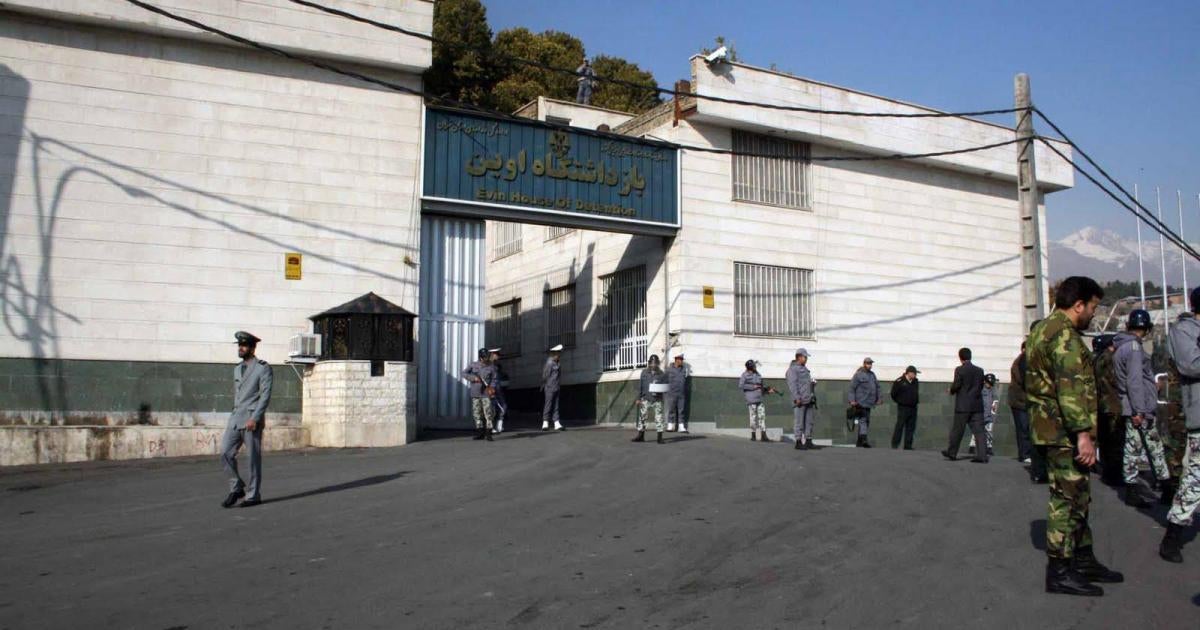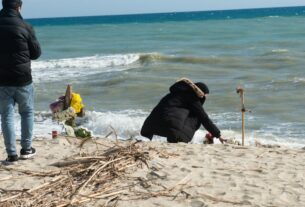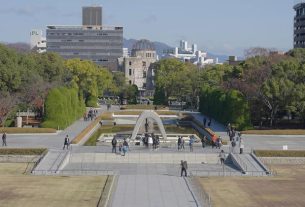(Beirut) – Several recent cases confirm the continuation of Iran’s longstanding policy of denying political prisoners medical care as a tool to silence dissent, Human Rights Watch said today. This worsens the health conditions of detainees who should not have been imprisoned in the first place, causes unnecessary suffering, and leads to preventable deaths.
Human Rights Watch has interviewed two informed sources about the lack of access to medical care in Evin Prison. Evin holds thousands of prisoners, including many prominent, unjustly jailed activists and dual nationals. Human rights organizations have for years documented Iranian authorities’ pattern of restricting health care to detainees. Prison officials have weaponized these restrictions but face no accountability. Iranian authorities have consistently failed to investigate instances of medical neglect or hold those responsible to account.
“Many of these prisoners were subjected to grossly unfair trials and should not be behind bars in the first place,” said Nahid Naghshbandi, acting Iran researcher at Human Rights Watch. “Yet not only are they unjustly imprisoned but they also face denial of medical care, violating their right to health and putting their lives at grave risk.”
Raheleh Rahimi-Pour, a 72-year-old civil rights activist held in Evin Prison, has serious health conditions, including a brain tumor, but has been repeatedly denied access to specialized medical care. Despite her worsening condition, when she was transferred to the prison infirmary on November 24, she was quickly returned to her ward without receiving adequate treatment. In August, an MRI revealed the growth of her brain tumor and the formation of a new one, leading to skull swelling and further health complications.
Rahimi-Pour was arrested in November 2019 and later sentenced to six years in prison by Tehran’s Revolutionary Court on charges of “collusion and propaganda against the state.” During her imprisonment, she experienced multiple heart attacks and required emergency treatment, including angioplasty, the Human Rights Activists News Agency (HRANA) reported. In September, the Prosecutor’s Office denied her referral to a medical commission, which would have allowed her to begin receiving required medical treatment.
Zeynab Jalalian, a Kurdish political prisoner sentenced to life in prison, has spent 17 years in different prisons across Iran and now is in Yazd Central Prison. She has had worsening pain on her right side since June but has been denied care, despite asserting that medical care is her legal right as a prisoner, the Kurdistan Human Rights Network (KHRN) reported. On September 26, she was transferred under heavy restraints, both handcuffs and ankle shackles, to Farokhi Hospital in Yazd for a CT scan. Despite her protests, prison officers and hospital staff forced her to undergo the procedure while shackled.
Iranian authorities arrested Jalalian in March 2008 for her social and political activities as a member of The Kurdistan Free Life Party. In 2009, in a summary trial without informing her lawyer, a Revolutionary Court judge sentenced Jalalian to death on charges of “waging war against God” (moharebeh). In December 2011, her death sentence was changed to life in prison.
During her imprisonment, Jalalian has experienced several medical problems, including poor vision, tooth infection, kidney and digestive problems, and Covid-19. Despite her need for medical treatment, including some services not available in prison, prison officials have heavily restricted her transfer to hospitals and used this to pressure her to confess to further charges. Although she has been sometimes transferred to hospitals, the authorities have always returned her to detention, including against her physician’s recommendations for continued hospitalization.
Warisha Moradi, another Kurdish political activist held in Evin Prison, has been deprived of access to medical care and family visits since security forces arrested her in the city of Sanandaj in Kurdistan province in August 2023, KHRN reported. On October 10, she went on a 20-day hunger strike to protest the death sentences of two other prisoners, suffering significant weight loss and serious health effects.
BBC Persian reported that Moradi was scheduled to be transferred to a hospital for medical tests on November 12 at her family’s expense. However, on November 10, Iran’s Revolutionary Court in Tehran sentenced Moradi to death on the charge of “armed rebellion against the state.” Authorities did not allow Moradi to defend herself and the presiding judge did not permit her lawyers to present a defense. After her sentencing, her transfer to a hospital for medical testing was abruptly canceled.
Motaleb Ahmadian, a Kurdish political prisoner serving his fifteenth year in Evin Prison, has serious and potentially lethal health conditions. KHRN reported that Ahmadian’s untreated illnesses have led to severe abdominal swelling that has put pressure on his lungs and stomach; prison medical staff have admitted their inability to treat him, but their request to transfer him to a hospital has been refused. Security forces arrested Ahmadian on October 5, 2010. He was held in solitary confinement for 230 days, during which he was severely tortured.
On December 4, the family of Mahvash Sabat, a 73-year-old Baha’i poet in Evin Prison, was informed that she would undergo open-heart surgery in the coming days, HRANA reported. Following significant delays in receiving medical care, she had been transferred to a hospital on November 30 for an angiography and to assess the need for the surgery.
Tehran’s Revolutionary Court sentenced Sabat, a former member of the leadership of the Baha’i community in Iran known as the “Yaran Iran,” to 10 years in prison in December 2022 on charges of “forming and managing a group or gathering to disturb national security.” Human Rights Watch has found that Iranian authorities’ decades-long systematic repression of Baha’is simply because they belong to a faith group amounts to the crime against humanity of persecution.
Under the United Nations Standard Minimum Rules for the Treatment of Prisoners,sick prisoners who require specialist treatment shall be transferred to specialized institutions or to civil hospitals.
“Iranian authorities should immediately ensure that all prisoners in need of medical care receive the treatment they deserve,” Naghshbandi said. “Denying prisoners access to medical attention not only violates their human right to health but endangers their lives.”



